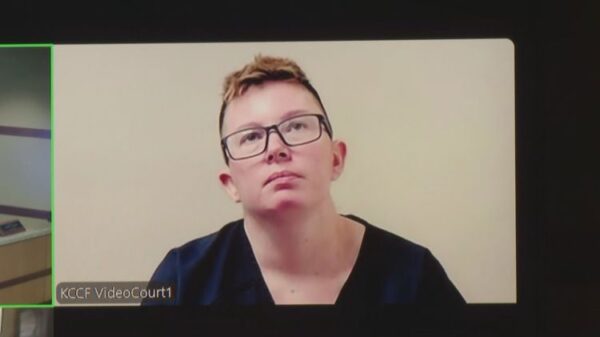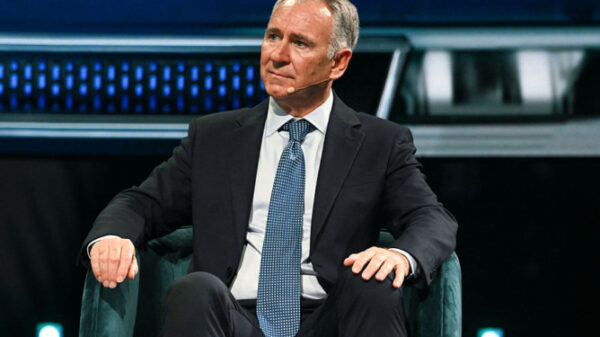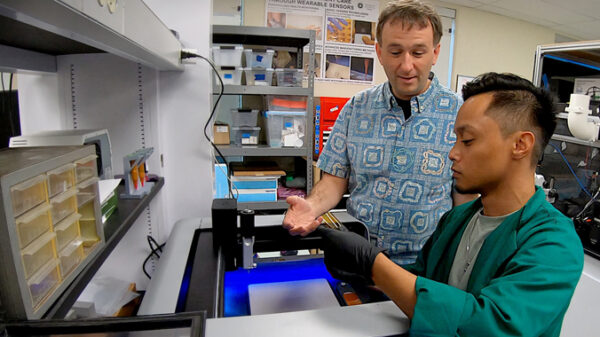UPDATE: Health and Human Services Secretary Robert F. Kennedy Jr. has ignited controversy by attributing chronic diseases like autism and diabetes to individual lifestyle choices, a stance that many parents and medical professionals view as victim-blaming. In a news conference earlier this month, Kennedy claimed that rising autism rates are due to environmental toxins, despite a lack of scientific backing.
On a recent evening, Ashly Richards from Richmond, Virginia, expressed her frustration over these statements. “As a parent, it’s infuriating. There’s no evidence to support it,” said Richards, whose son receives support for autism. The rhetoric surrounding health issues is shifting, with alarming implications for millions of Americans.
Public health leaders warn that Kennedy’s comments are shaping policy in harmful ways, contributing to decisions that may cut crucial funding for programs like Medicaid. According to estimates, approximately 129 million people in the U.S. are affected by chronic conditions. Critics assert that the focus on individual responsibility overlooks systemic issues, such as access to healthy food and healthcare.
Kennedy’s remarks, part of the “Make America Healthy Again” initiative, have sparked backlash from advocacy groups. They argue that his views perpetuate stigma and misinformation about chronic illnesses. Jerome Adams, former Surgeon General, cautioned that such narratives could exacerbate mistrust in the healthcare system and lead to a resurgence of vaccine-preventable diseases.
The implications of Kennedy’s stance are profound. His administration’s policies have already resulted in barriers to COVID-19 vaccines for healthy individuals and a reluctance to cover anti-obesity medications like Wegovy. These changes have left many Americans vulnerable, as healthcare access becomes increasingly tied to personal accountability.
Critics are also raising alarms about comments made by Republican lawmakers, who have echoed Kennedy’s views. House Majority Leader Steve Scalise recently suggested that Medicaid enrollees are not contributing to society, a statement that many health experts argue misrepresents the realities faced by those reliant on the program.
The debate continues to escalate, with public health leaders urging a shift in focus from individual blame to addressing the broader social determinants of health. “It’s about systemic issues that play a much larger role,” said Andrea Love, a biomedical scientist.
As this situation develops, the stakes are high for millions of Americans. Experts warn that the current trajectory could undermine public health initiatives and erode trust in medical practices.
The urgent question remains: Will the government reconsider its approach to healthcare, or will the blame game continue to dominate the conversation? Health advocates are pushing for change, emphasizing that health is a collective responsibility, not just an individual one.
Stay tuned for updates on this evolving story as it continues to impact health policies across the nation.






































































